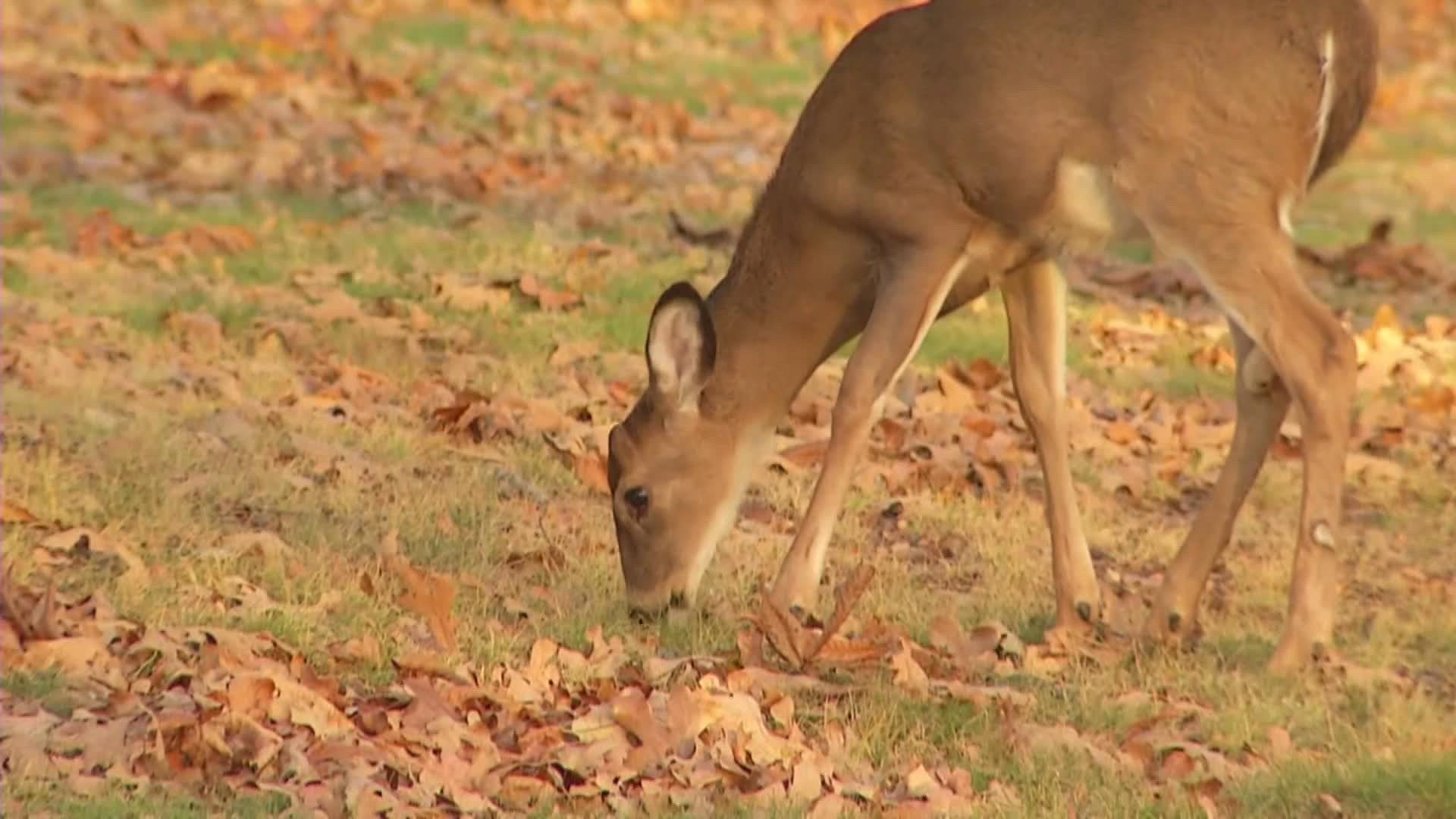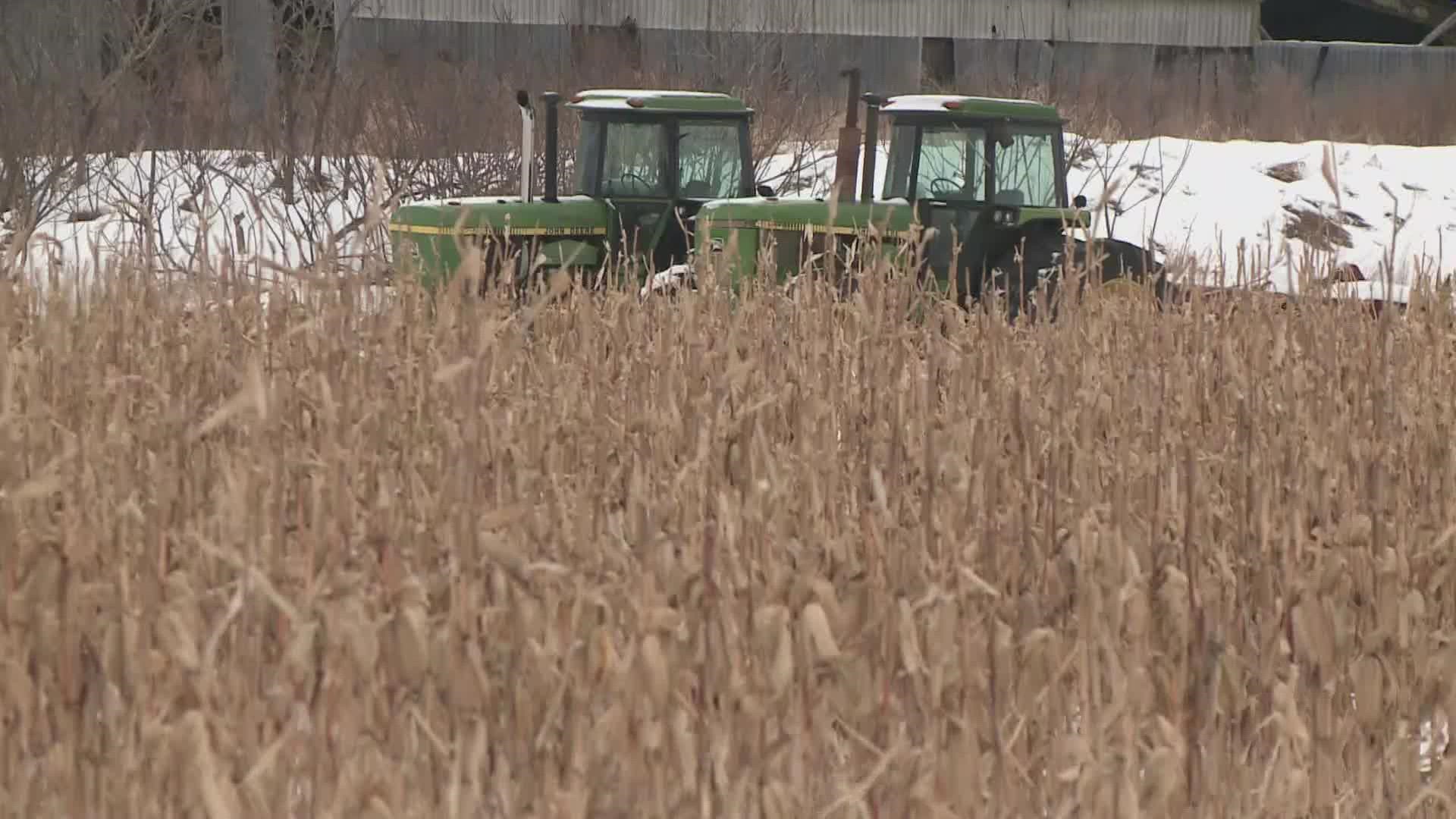AUGUSTA, Maine — Maine Gov. Janet Mills' supplemental budget, which was unveiled earlier this week, earmarks nearly 9.5 million dollars to address contamination from PFAS chemicals. Several million dollars is slated for improving and expanding PFAS testing capacity in Maine. More than 3 million dollars in the supplemental budget is slated to support Maine farms and farmers who are dealing with PFAS contamination in soil, water, livestock and produce.
The budget proposal includes establishing a first-of-its-kind lab at the University of Maine to test wildlife and game to help reduce human exposure to the toxic compounds.
The push for the lab began after high levels of PFAS chemicals in deer meat were reported in late November.
That prompted the state to issue a "do not eat advisory" for deer harvested from Fairfield and five surrounding communities, considered a hotspot for PFAS contamination.
With no testing capability available in Maine, the samples were sent to a lab in Massachusetts before hunting season got underway.
Because of the backlog, those results were made public just as the season was winding down.
"The meat was in their freezers. They were feeding it to their families, to their friends, and then they were told they can't. We can't put them in that position," David Trahan, the executive director of the Sportsman's Alliance of Maine, said.
The organization represents more than 30,000 sportsmen and women.
Trahan lobbied the Mills administration to allocate funding to establish a lab in Maine to test game meat and wildlife for PFAS. With more than 38,000 deer harvested last year, he said, hunters need to know if their meat is safe to eat.
"We are talking about reducing exposure and reducing risk," Trahan added.
The governor's supplemental budget proposes $750,000 for wildlife testing.
Dr. James Dill is a pest management specialist at the University of Maine Cooperative Extension Diagnostic and Research Laboratory in Orono. He says the money could be used to buy additional equipment and technology to expand PFAS testing capacity already underway at UMO.
"The chemical engineering department has the equipment to test for PFAS, they have been testing for PFAS in the environment, soil samples, water samples that type of thing," Dill said.
Biologists from the Maine Department of Inland Fisheries and Wildlife plan to do more sampling of deer, turkey and other wildlife before each season begins. Dill said those samples would be sent to the lab at UMaine, which could test more species of wildlife with expedited results.
"You could do moose, bear, deer, birds, fish as long as you have the protocols," Dill explained.
UMaine officials have said that once the funding is approved, possibly in the next two months, it could take six to nine months to set up with lab with the necessary equipment and hire new staff.


